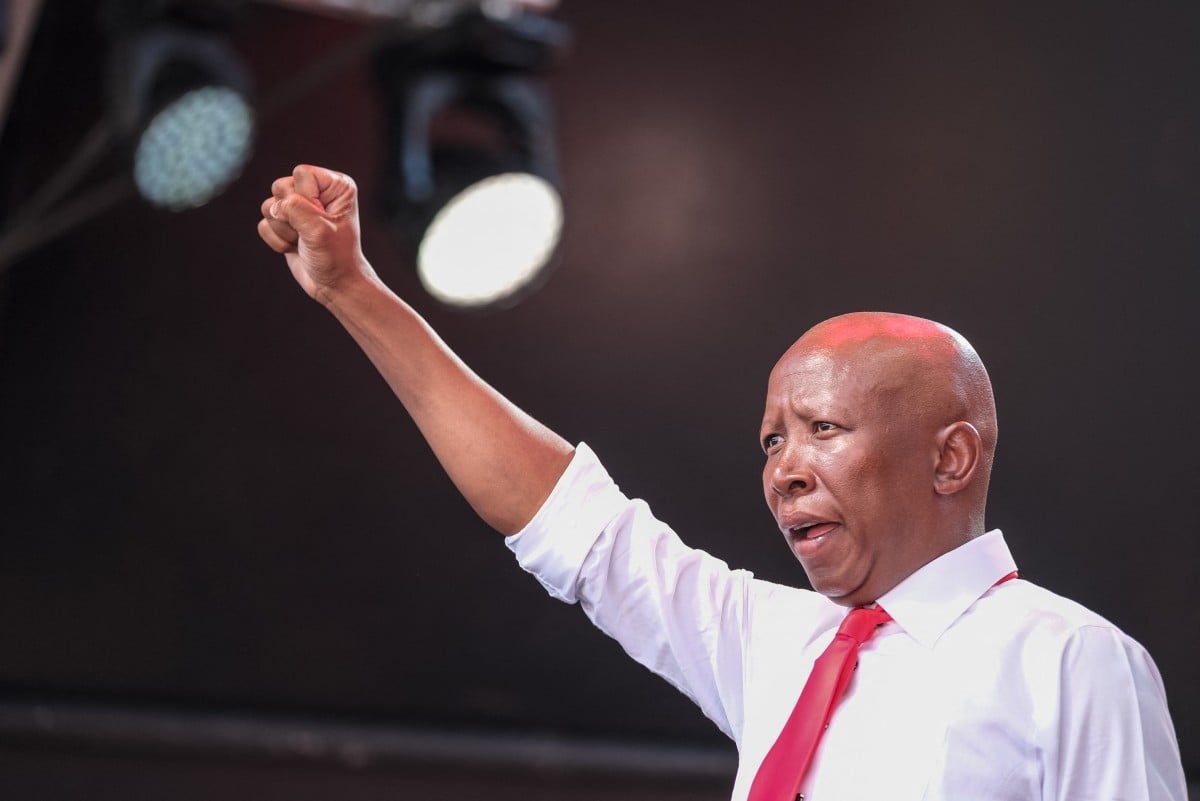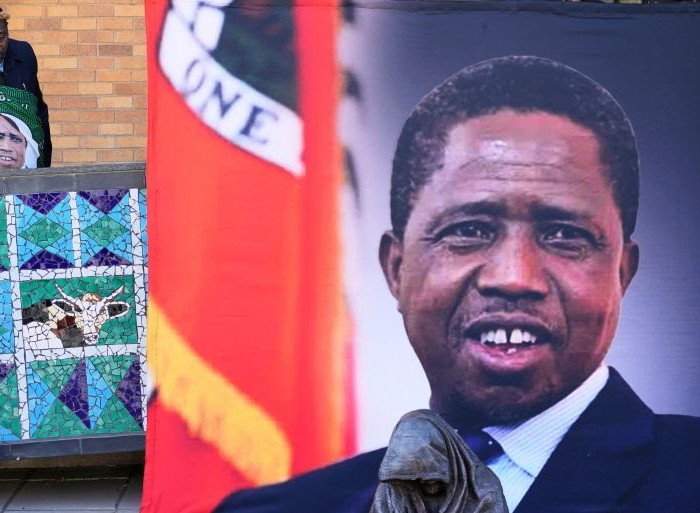Israeli Prime Minister Benjamin Netanyahu on Monday agreed to a comprehensive, U.S. backed proposal aimed at ending the nearly two-year war in Gaza, following a major push by President Donald Trump. The deal, however, faces significant hurdles, notably whether Hamas will accept terms that could lead to its disarmament and possible exile.
The announcement came after more than two hours of meetings at the White House, with President Trump expressing effusive optimism about the plan’s potential impact on the Middle East.
“Today is a historic day for peace,” President Trump declared at a joint press conference with Netanyahu, despite acknowledging that Hamas had yet to sign on. He called the deal “a beautiful day, potentially one of the great days ever in civilization.”
Prime Minister Netanyahu praised the President’s efforts, stating: “We’re taking a critical step towards both ending the war in Gaza and setting the stage for dramatically advancing peace in the Middle East… I support your plan to end the war in Gaza, which achieves our war aims.”
The 20-point agreement, released by the White House, immediately foresees a cessation of hostilities and the release of hostages within 72 hours of both sides agreeing to the deal.
A Hamas official confirmed the organization would review the proposal. Senior Hamas official Taher al-Nunu told Alaraby TV, “We do not wish for the war to continue. We will examine any proposal that does not conflict with the interests of the Palestinians.”
The plan proposes a phased pullback of Israeli forces from Gaza and a broader effort to demilitarize the territory. It offers amnesty to Hamas members who “commit to peaceful coexistence” and disarm, while those who choose to leave would be granted safe passage to other countries.
However challenges remain, primarily concerning the future of Hamas and Israel’s long-term presence in Gaza.
Netanyahu made a significant clarification, pledging to maintain an Israeli security presence inside Gaza for the foreseeable future, a detail that may complicate support from Arab nations.
Furthermore, the agreement gives Israeli security forces a larger role in training a local administrative force and controlling border areas, a modification from an earlier draft.
President Trump indicated that if Hamas refuses to agree to the terms, the White House would give Israel “full backing to do what you have to do.”
Despite the remaining ambiguities, the initiative received early diplomatic backing. The foreign ministers of Saudi Arabia, Jordan, the United Arab Emirates, Indonesia, Pakistan, Turkey, Qatar, and Egypt released a joint statement welcoming the proposal, as did the Palestinian Authority.





